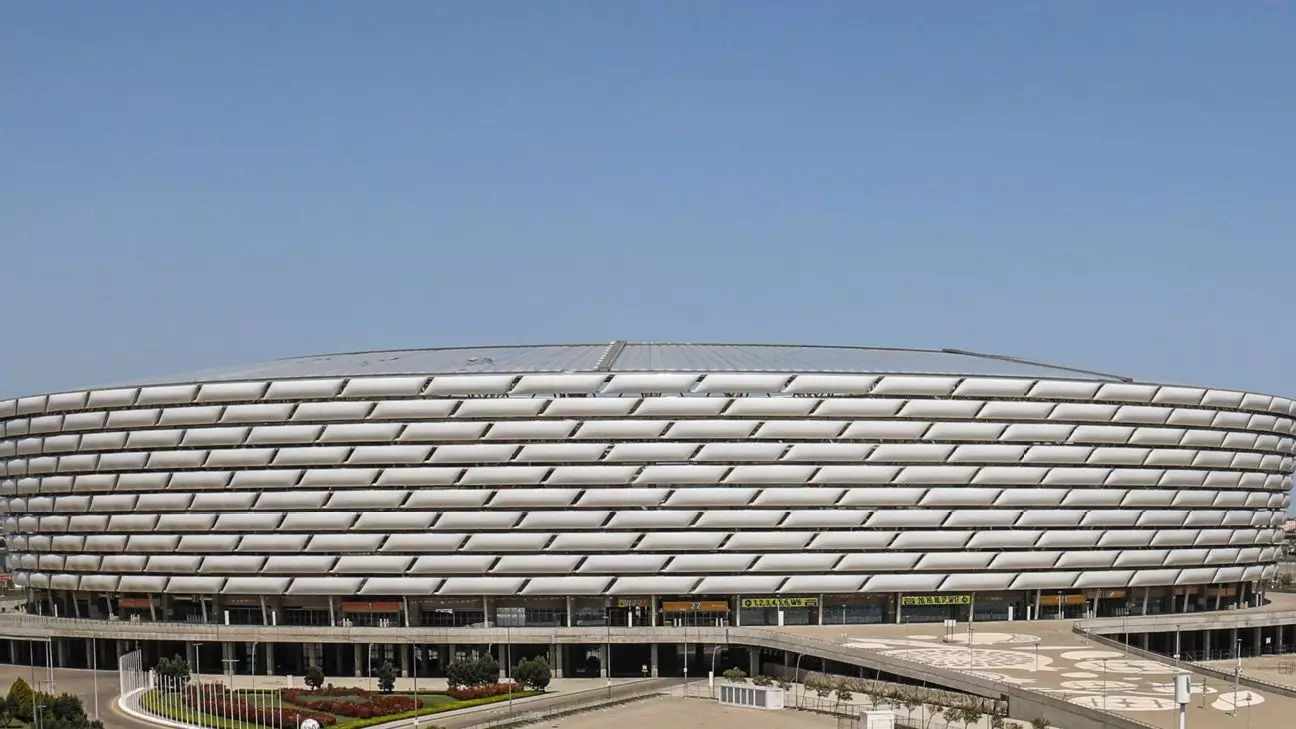The prestigious UEFA Champions League final has long been a highlight in the football calendar, capturing the imagination of fans worldwide. However, the 2027 edition has encountered a significant shift in plans that has garnered avid discussion among stakeholders and supporters alike. Milan, once poised to host this grand event, has been stripped of its hosting rights due to concerns surrounding the San Siro’s condition. With reconstruction work looming, UEFA found the Italian city unable to provide the necessary assurances for the stadium’s readiness. This abrupt decision has undeniably sparked a chain reaction, reopening the bidding process for this monumental fixture.
After the sudden vacancy left by Milan, two cities emerged as the frontrunners: Madrid and Baku. The capital of Spain boasts a rich footballing heritage, with two prominent clubs—Real Madrid and Atlético Madrid—calling it home. The Royal Spanish Football Federation (RFEF) has put forth the Estadio Metropolitano, a venue that hosted the 2019 final, where Liverpool claimed glory over Tottenham. In contrast, Baku represents a less traditional choice, with its Olympic Stadium eyes set on hosting its first Champions League final. This would mark a historic milestone, being the easternmost city to ever stage the event. As both cities make their case to UEFA, the competition reflects broader themes of geographical representation within European football.
While the spotlight is specifically on the men’s Champions League, it’s noteworthy that the women’s game is also showing signs of expansion and attention. Not only is Madrid and Baku in the running for the men’s final, but a variety of illustrious cities, including Warsaw, Barcelona, and Basel, have submitted bids to host the 2027 Women’s Champions League final. Such parallel developments highlight the increasing recognition and sponsorship that women’s football is receiving, suggesting that a new chapter is being written in the sport’s narrative.
The anticipation for UEFA’s decision regarding the 2027 Champions League final venue adds layers of excitement and speculation among fans and sports analysts alike. The confirmation will be made in May 2025, leaving ample room for both contenders to rally support and spotlight their respective merits. If Madrid secures the bid, it will reinstate the city firmly on the map of notable football events. However, should Baku claim the crown, it would represent a remarkable shift, showcasing the growing influence of Eastern Europe in the sporting arena.
As UEFA navigates through this crucial phase of selection, the implications stretch far beyond the hosting rights of a single match. It underscores the continuous evolution of football’s geographical landscape, fan engagement, and infrastructure investment. The 2027 Champions League final promises to be not just a display of sporting excellence but also a testament to the dynamic global football community, balancing tradition and innovation in the ongoing quest for the beautiful game’s future.

